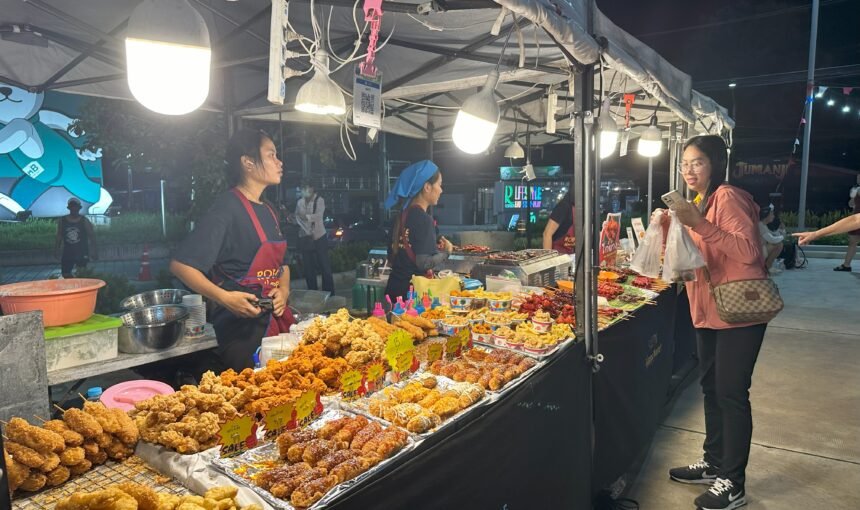Traveling to new places is an exciting adventure, but it can also come with risks, especially when it comes to food safety. Trying new foods is one of the most enjoyable parts of traveling, but it’s important to be cautious and mindful of what you’re eating. In this blog post, we’ll share some tips and tricks for staying safe while dining during your travels.
- Research local food safety standards: Before you travel, research the food safety standards of your destination. Learn about the most common foodborne illnesses, and the precautions you can take to avoid them.
- Look for popular restaurants: One of the safest ways to dine while traveling is to look for popular restaurants that have a reputation for quality and safety. Check online reviews and ask locals for recommendations.
- Avoid street food in high-risk areas: Street food is a popular and delicious option in many countries, but it can also be a high-risk activity for foodborne illnesses. Avoid street food in high-risk areas, such as those with poor sanitation or where there is no refrigeration.
- Choose restaurants with good hygiene: When choosing a restaurant, make sure it has good hygiene practices, such as washing hands, using gloves, and maintaining clean surfaces. Look for visible signs of cleanliness, such as clean dishes and silverware.
- Pay attention to food preparation: Watch the preparation of your food, and make sure it is cooked thoroughly. Avoid undercooked or raw meat, fish, or eggs, which are common sources of foodborne illnesses.
- Avoid tap water: In some countries, tap water may not be safe to drink. Always choose bottled water or use a water filtration system to avoid waterborne illnesses.
- Pack your own snacks: If you’re going to be traveling for a long time, pack your own snacks to avoid the temptation of eating unsafe food.
- Bring your own utensils: If you’re traveling to a destination where utensils are not provided, consider bringing your own. This can help you avoid contaminated utensils and reduce the risk of foodborne illnesses.
- Follow food safety guidelines: Follow food safety guidelines when storing and preparing your own food, especially if you’re staying in a place with a kitchen. Use separate cutting boards for meat and vegetables, and store food in airtight containers.
- Know the signs of foodborne illness: Finally, be aware of the signs of foodborne illness, such as nausea, vomiting, diarrhea, and fever. If you experience any of these symptoms, seek medical attention immediately.
By following these dining safety tips, you can enjoy delicious and authentic local cuisine without compromising your health. Remember to always be cautious and mindful of what you’re eating, and enjoy your travels to the fullest!
Adrenaline junkie with a passion for exploring off-the-beaten-path destinations and finding unique ways to stay active. Expect stunning scenery, challenging workouts, awesome travel tips and a whole lot of fun. Let’s get sweaty and explore the world together!




